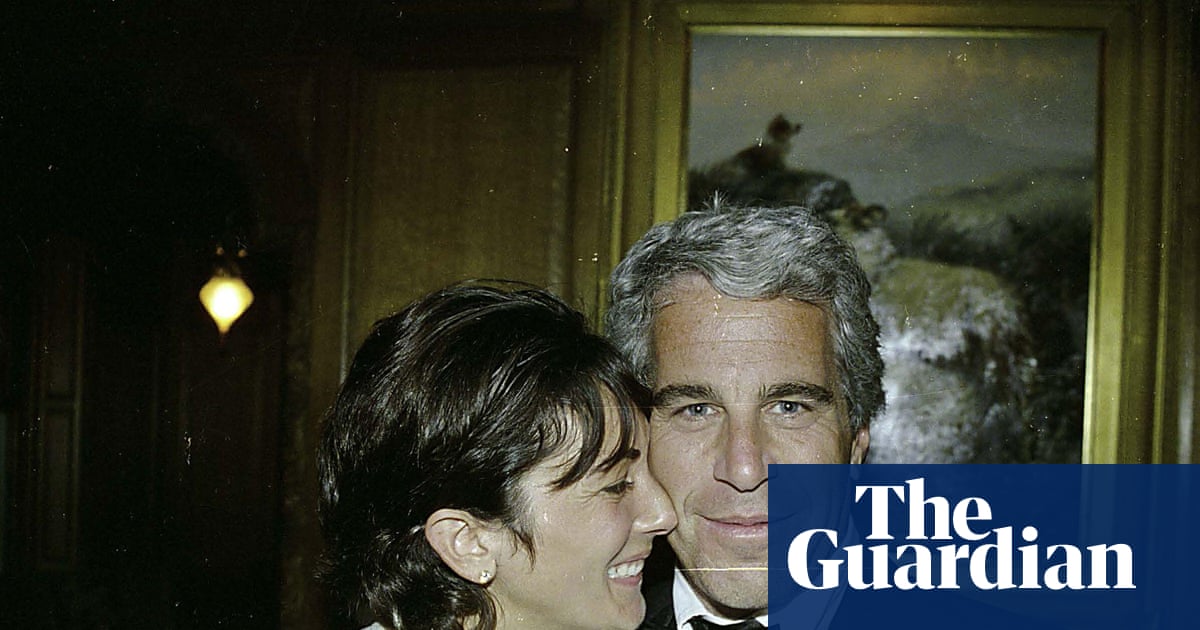On Thursday, Deputy Attorney General Todd Blanche met with Jeffrey Epstein’s longtime accomplice Ghislaine Maxwell for several hours in a Florida U.S. attorney’s office. On Aug. 11, Maxwell is scheduled for a jailhouse deposition sought by the House Oversight Committee.
As the uproar over the Epstein files continues, a central question is whether Maxwell can be trusted to tell the truth.
Maxwell’s attorney, David Oscar Markus, told reporters after the meeting with Blanche that “she answered all of the questions truthfully, honestly and to the best of her ability.”
But prosecutors and the judge who oversaw her 2021 trial have said Maxwell had made multiple false statements under oath and failed to take responsibility for her actions. She was convicted of sex trafficking minors and sentenced to 20 years in prison.
“The defendant’s willingness to brazenly lie under oath about her conduct, including some of the conduct charged in the Indictment, strongly suggests her true motive has been and remains to avoid being held accountable for her crimes,” prosecutors wrote in a pretrial motion.
Prosecutors said that Maxwell also lied when she was given a chance to acknowledge her actions in a 2016 civil suit. “When the defendant was given the opportunity to address her conduct with minors in the context of a civil suit, she lied repeatedly,” they wrote.
Maxwell’s attorneys said at the time that “the questions asked were confusing, ambiguous, and improperly formed.” They added, “There were no ‘crimes’ concealed by Ms. Maxwell’s answers.”
After Maxwell was found guilty of recruiting, grooming and trafficking multiple teenage girls for Epstein, Judge Alison Nathan said that Maxwell had not accepted responsibility for her crimes.
“Ms. Maxwell today acknowledged the courage of the victims, talked about the pain and anguish they expressed, to some extent acknowledged the pain and suffering,” Nathan said. “What wasn’t expressed was acceptance of responsibility.”
Jack Scarola, a lawyer who represents roughly 20 Epstein victims, said that Maxwell’s history of mendacity shows that any investigator who questions her must be thoroughly prepared. “It is apparent to us that approaching an interview casually will be a complete waste of time,” he said.
New Hampshire house
Maxwell attempted to hide her whereabouts from FBI agents before she was arrested in 2021, according to prosecutors. Maxwell, a daughter of the late British publishing magnate Robert Maxwell, was living in a 4,300-square-foot timber-frame house on a 156-acre property in rural New Hampshire. Records showed that it was purchased for a little more than $1 million by an anonymous limited liability corporation the previous year.
After the agents moved past a security guard hired by Maxwell, they saw her peering out a window from inside the house. After Maxwell did not respond to knocks on the door, agents broke down the door and entered, according to court documents.
During an FBI search of the residence, they found one of Maxwell’s phones wrapped in tinfoil. Prosecutors called that a haphazard and ineffective way to try to thwart law enforcement cellphone surveillance.
After her arrest, Maxwell did not state the liquid assets at her disposal, as required by her bail application, according to prosecutors. Maxwell listed accounts at an English bank with “maximum values totaling well over $2 million.” But she did not disclose a Swiss bank account with an approximate balance of $4 million.
Prosecutors wrote that “to the extent the defendant now refuses to account for her ownership of or access to vast wealth, it is not because it does not exist, it is because she is attempting to hide it.”
Civil case deposition
After her arrest, Maxwell was also charged with two counts of perjury alleging she made false statements in a deposition under oath in the 2016 civil case. Prosecutors alleged that Maxwell lied when she said she was not aware of Epstein’s efforts to recruit underage girls for sex.
Maxwell also lied when she claimed she was unaware of anyone 18 years or younger being on Epstein’s properties, they said, and when she denied that she had sexual contact with other women while with Epstein, and that Epstein had sex toys.
After prosecutors secured a conviction against Maxwell, they declined to move forward with a court-ordered trial on the perjury charges.
Legal experts say that cooperating witnesses who have previously lied can still be effective witnesses if there is evidence that corroborates their claims. Their credibility can also be boosted if they give a compelling reason for why they lied.
Source link
